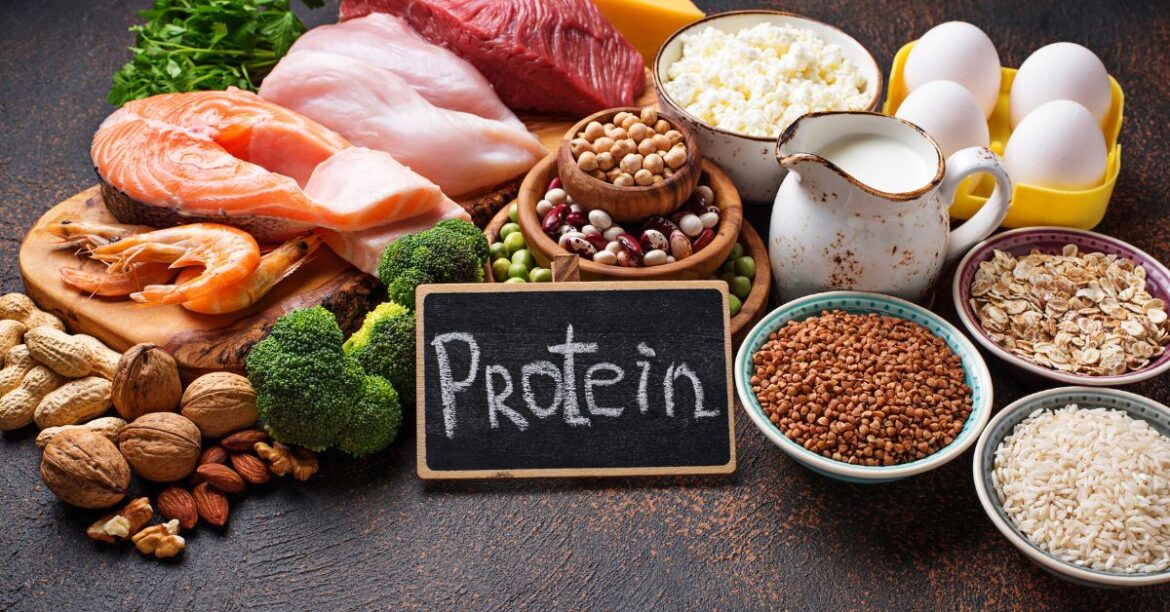For those seeking a convenient and tasty protein supplement, is premier protein dairy free shakes have become a popular option. However, for individuals with dietary restrictions, particularly those avoiding dairy, the question remains: Is Premier Protein dairy free? In this article, we’ll explore whether Premier Protein shakes contain dairy ingredients, how they compare to dairy-free alternatives, and whether they’re suitable for those with lactose intolerance or vegan preferences. Read on to uncover everything you need to know about Premier Protein’s ingredients and how they fit into different dietary needs.
Is Premier Protein Dairy Free?
Before we dive into the details, let’s answer the most pressing question: Is Premier Protein dairy-free?
Premier Protein shakes are not dairy-free. While they offer a wide range of flavors and are marketed as a healthy protein option, they do contain milk-derived ingredients, specifically whey protein. Whey protein is a byproduct of milk, making it unsuitable for individuals with lactose intolerance or those following a vegan diet.
What the Ingredients of Premier Protein
To fully understand whether Premier Protein is dairy-free, it’s important to look at the ingredients in their shakes. Here’s a breakdown of what you will typically find:
-
Whey Protein Concentrate: This is the primary protein source in Premier Protein shakes, which is derived from milk.
-
Milk Protein Concentrate: In addition to whey, milk protein concentrate is often included in the formula, further confirming the presence of dairy.
-
Artificial Sweeteners: Premier Protein shakes are sweetened with artificial ingredients like sucralose, which may not be suitable for all users, but it does not affect the presence of dairy.
Given these ingredients, it is clear that Premier Protein is not dairy-free. If you’re seeking a protein drink without dairy, you may need to explore plant-based protein options.
Lactose Intolerance and Premier Protein
For individuals with lactose intolerance, consuming dairy can lead to discomfort and digestive issues. Since Premier Protein contains whey protein and milk protein concentrate, it might not be the best option for those who are lactose intolerant. However, some people with mild lactose intolerance may tolerate whey protein isolate, which contains less lactose than other forms. It’s important to note that while Premier Protein may be less likely to cause issues for those with mild lactose intolerance, it is not entirely safe for everyone with this condition.
-
Tip: Always check with your healthcare provider before trying any protein supplement if you have a known dairy sensitivity.
Are There Dairy-Free Alternatives to Premier Protein?
If you’re looking for a dairy-free protein option, there are plenty of alternatives available on the market. Here are some popular choices for those seeking plant-based protein:
-
Pea Protein: Derived from yellow peas, this is an excellent vegan option that provides high-quality protein.
-
Soy Protein: A complete protein that is widely available and commonly used in dairy-free protein shakes.
-
Hemp Protein: Made from the seeds of hemp plants, hemp protein offers healthy fats along with protein.
-
Rice Protein: Another good option for those who need a dairy-free, gluten-free protein.
These plant-based proteins are suitable for those who avoid dairy, whether for lactose intolerance or a vegan lifestyle.
Nutritional Information of Premier Protein vs Dairy-Free Alternatives
While Premier Protein is known for its high protein content and low sugar, its dairy-based ingredients may not be ideal for everyone. Here’s a quick comparison between Premier Protein and a few dairy-free alternatives:
-
Premier Protein: Contains 30 grams of protein, 1 gram of sugar, and 160 calories per serving. It includes whey and milk proteins, which are not suitable for lactose-intolerant individuals.
-
Pea Protein: Typically contains 15-25 grams of protein per serving, with no sugar or dairy. It’s a great choice for vegans and those with lactose intolerance.
-
Soy Protein: Contains 20-25 grams of protein per serving, and it’s dairy-free and vegan-friendly, with minimal added sugars.
Each option has its pros and cons, depending on your dietary needs, but it’s clear that plant-based proteins offer a better option for those who avoid dairy.
Can You Drink Premier Protein if You’re Lactose Intolerant?
If you are lactose intolerant, it’s important to evaluate how your body reacts to dairy-based proteins. While some people with lactose intolerance can tolerate whey protein isolate, Premier Protein uses whey protein concentrate, which contains more lactose. Therefore, it might cause digestive issues or discomfort for some people with lactose intolerance. It’s always a good idea to test a small amount first to gauge your tolerance.
FAQs
Q: Can I drink Premier Protein if I’m lactose intolerant?
A: If you have mild lactose intolerance, you may tolerate Premier Protein in small amounts, but it is not recommended for those with severe lactose intolerance due to the presence of whey protein concentrate and milk proteins.
Q: What are the best dairy-free protein alternatives to Premier Protein?
A: Some of the best dairy-free alternatives include pea protein, soy protein, and hemp protein, all of which are plant-based and Gluten Free from dairy.
Q: Are there any dairy-free Premier Protein alternatives?
A: No, Premier Protein contains dairy-derived ingredients. However, there are plenty of dairy-free protein shakes on the market, including vegan-friendly options with pea, soy, or rice protein.
Q: Does Premier Protein contain gluten?
A: Premier Protein is labeled as gluten-free, but if you have severe gluten sensitivity or celiac disease, it’s always good to verify with the manufacturer.
Q: Is Premier Protein suitable for a vegan diet?
A: No, Premier Protein is not vegan because it contains whey protein and milk protein. Vegans should consider plant-based protein shakes as an alternative.
Conclusion
In conclusion, Premier Protein shakes are not dairy-free. They contain whey protein and milk protein, which are both dairy-derived. If you’re looking for a protein supplement that’s free from dairy, you should explore plant-based protein options. Be sure to check the ingredient labels and opt for alternatives like pea protein, soy protein, or hemp protein. Always consult with a healthcare professional if you have dietary restrictions or concerns about lactose intolerance.




